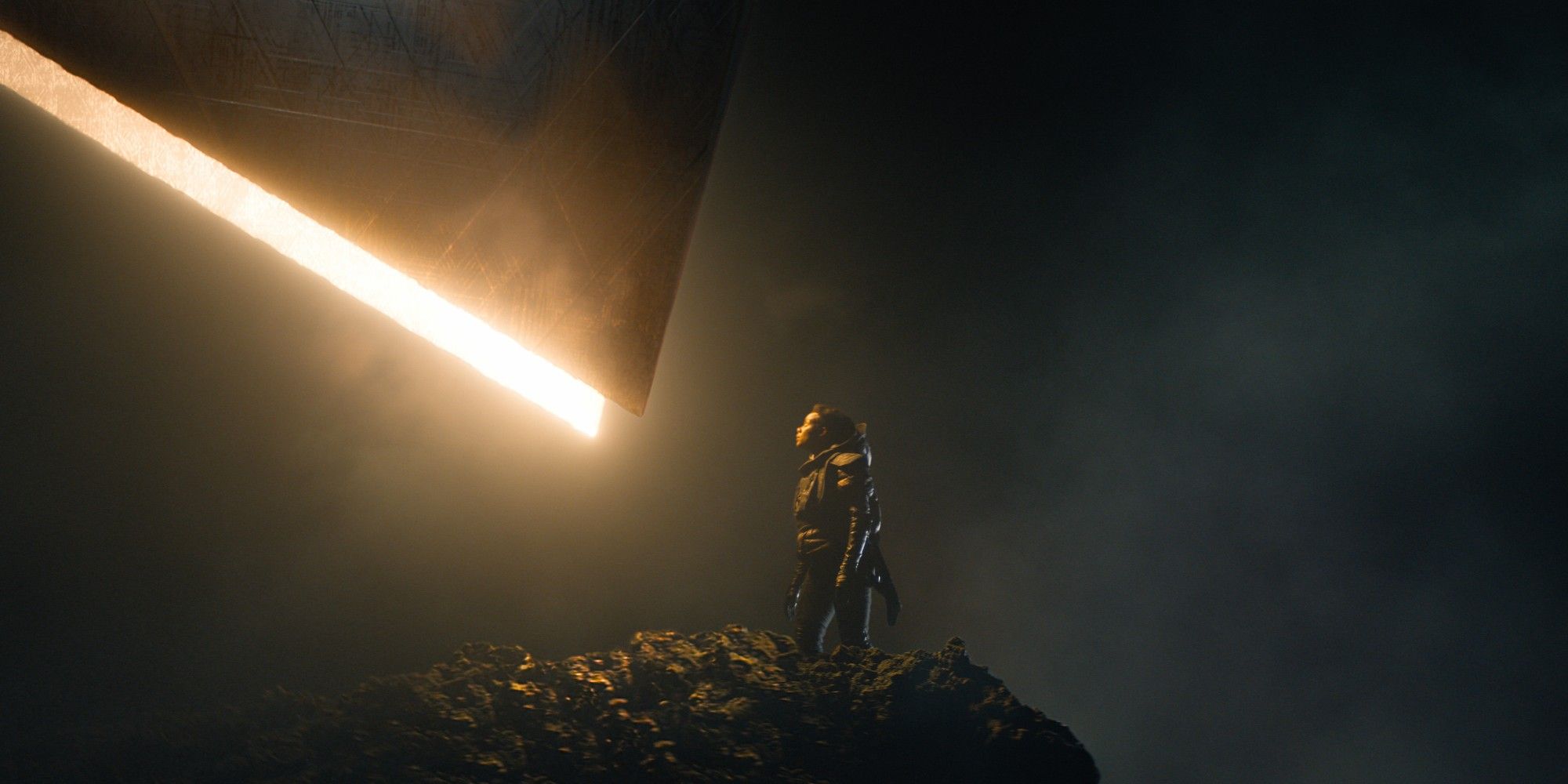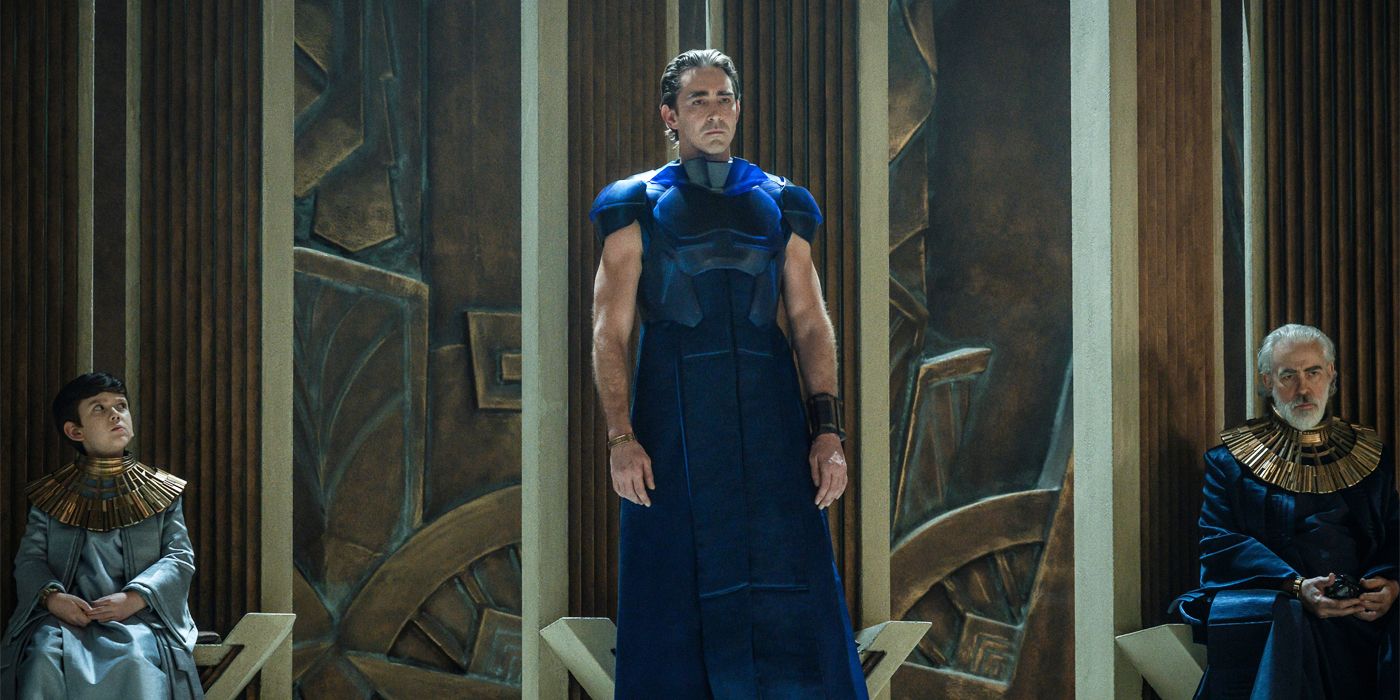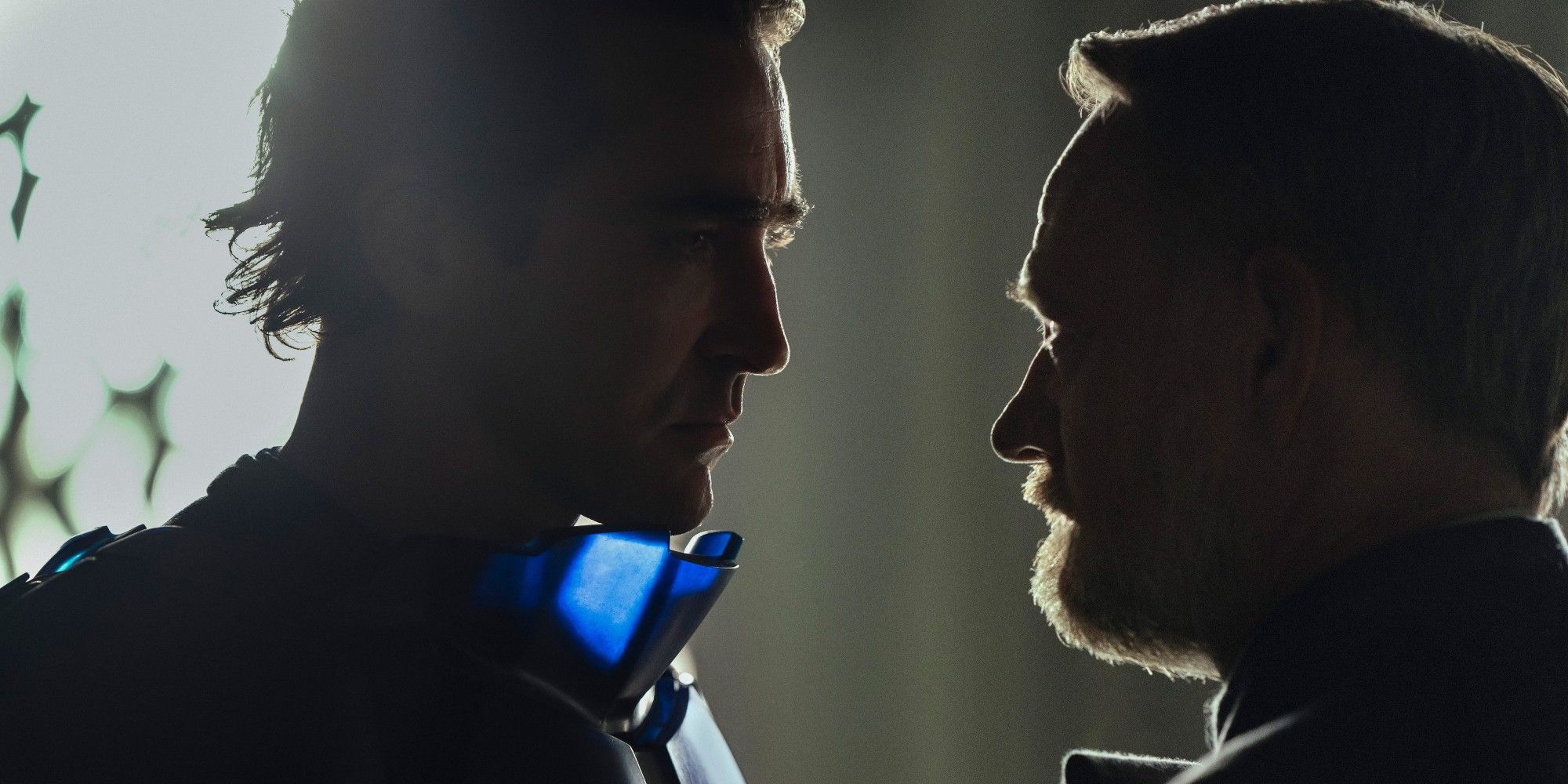The recent trailer for Apple TV+'s Foundation clearly establishes that, as much as the show is adapting the story from the beloved Isaac Asimov saga, it won't actually stick to the letter of the books. That's a really good thing considering not just the scale of Asimov's work, but his writing style, which doesn't exactly lend itself well to an adaptation.
Asimov's Foundation was first published as interconnected short stories, which were then grouped into three separate collections titled Foundation, Foundation and Empire and Second Foundation, with two prequels and two sequels added to the canon afterwards. Widely regarded as one of the most influential works of science-fiction ever created, the original trilogy won a special Hugo Award for "Best All-Time Series" in 1966, and has been the inspiration for many famous works, from Dune to The Hitchhiker's Guide to the Galaxy, without forgetting Star Wars and Star Trek. Considering all of that, the fact that the source material has never been adapted, despite it existing in some way or form for over seventy years, points to how difficult the job actually was.
There are many reasons why this has proven to be such a tricky adaptation, but one sticks out above all. The saga, which is heavily based on the rise, and particularly the fall of the Roman Empire, focuses on the theory of psychohistory, a brand of mathematical sociology which can be used to interpret the future. Philip K. Dick would also delve into a version of this idea in Minority Report, but Foundation doesn't just apply it to individuals, but to society itself. This is a much easier subject to explore in a series of interconnected short stories than it is on a film, or a TV show. Particularly because Asimov's storytelling skews the idea of heroes to focus on the social and political movements.
Our typical space opera, think Star Wars, has a clearly defined hero in Luke Skywalker, one that serves as the entry point for viewers, and one whose journey we can invest in. Yes, there are larger issues at play, and those are often explored, but we still have someone to root for. Foundation spans around 600 years, so there's a revolving cast of characters that the narrative doesn't always spend too much time with, because they are not as important as the movement they're creating. The scale of the storytelling is a problem, but not an insurmountable one. The lack of a defined protagonist whose storyline -- and emotional wellbeing -- we can invest in, however, is much more problematic.
This particularly storytelling decision -- to prioritize ideas over characters -- makes Foundation both a really interesting thought experiment, and an almost impossible work to adapt without some big changes. In a visual medium, ideas aren't all that interesting unless they're being translated into action. Conflict isn't all that engaging unless it's external. Fans require characters they can invest in, relationships they can follow, and emotions they can relate to. Facts are not enough.
If the trailer is to be believed, the adaptation is taking the ideas Asimov laid out, the plot the source material explored, and using it to create a story filled with rich, interesting characters. If they achieve that, and make us care both for the big picture and the smaller emotional arcs, then perhaps this can be not just the adaptation fans have dreamed of for many years, but a series that can actually reach a much larger audience than the books ever did.



